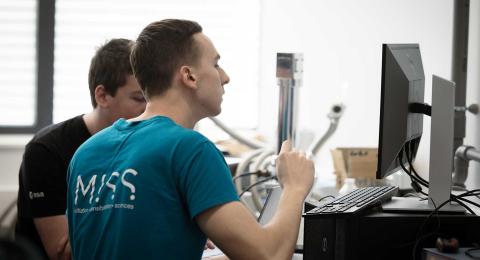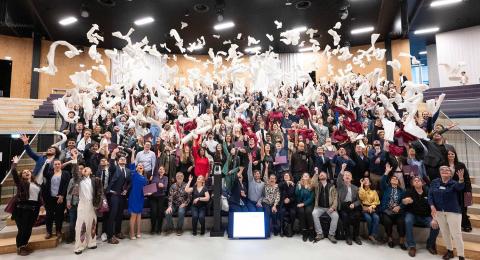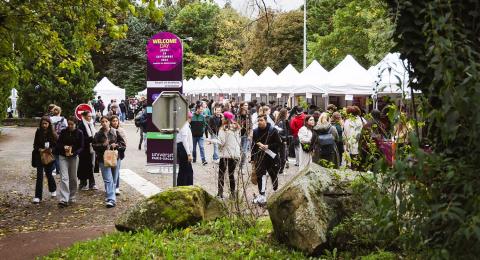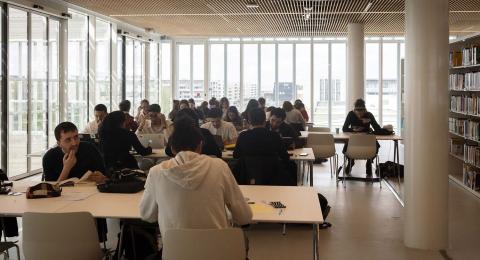Land Management and Community Development
The Land Management and Community Development (GTDL) Master is positioned within an interdisciplinary approach in social sciences applied to the challenges of ecological, agro-ecological, industrial and energy transition.
Teaching in 2 semesters (with exam periods for each period) + Internship of 2 months minimum until the end of June/July
Information
Master’s Year 1
Master’s Year 2
Learning outcome targets
The GTDL course is committed to an interdisciplinary approach to social sciences which is applied to the issues of biodiversity, agriculture, food and the environment. The main disciplines involved are ecological and political economy, agro-economics, political science, and law (land and environmental). This content places this unique course coherently within existing training available (local, national and international). The objectives of the GTDL course are to provide students with the necessary skills to analyse a situation related to local development and environmental issues, to anticipate future developments and to raise awareness, train and mobilise stakeholders around flexible and innovative collective strategies.The approach is innovative in that it offers training which focuses on the issue of managing the transition towards more sustainable development and what this transition implies: for regional stakeholders (M2 GTES), for stakeholders in the business world (M2 AEGR) and industries (M2 TIET) and in terms of the dynamic of the Global South (M2 DYNSUD). Other GTDL courses which exist in France mainly focus on specific areas (urban, rural, etc.) without questioning the notion of development itself.
Target audience
Candidates with an interest in an interdisciplinary approach combining life sciences and social and human sciences: mainly political science, economics, law, ecology, geography, agronomy, agro-economics, engineering, etc.







